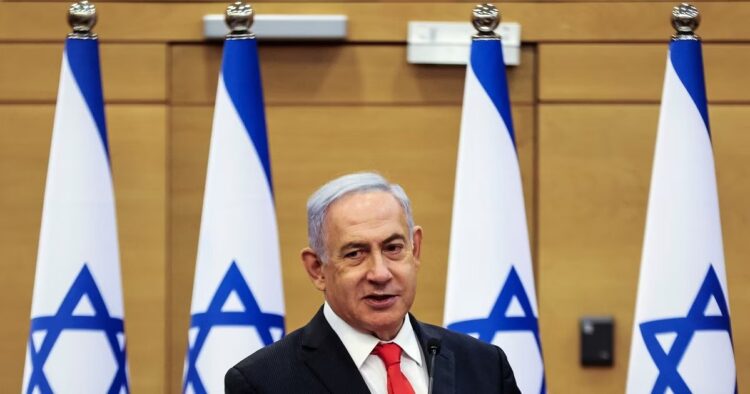In the midst of intensifying conflict between Israel and Hamas militants, the Knesset, Israel’s parliament, has passed a revised wartime budget aimed at bolstering the nation’s defense capabilities. The amended budget, approved by a vote of 62-55 after two days of heated debate, reflects the escalating tensions in the region.
The budget, totaling over 584 billion shekels (approximately USD 162 billion), marks a significant increase in expenditure, with a rise of around 70 billion shekels (USD 19.4 billion). This surge in spending is primarily directed towards financing the ongoing “Iron Swords” battle against Hamas in Gaza and fortifying defense measures to ensure the safety of Israeli citizens.
What’s Included in the Budget?
The revised budget encompasses several key allocations, notably a substantial increase in defense spending to strengthen the Israeli Defense Forces (IDF) and cover the expenses associated with combat operations. Additionally, provisions are made for safeguarding settlements near Gaza and providing enhanced security measures for residents in those areas.
Moreover, the budget allocates funds for vital sectors such as mental health services, reconstruction efforts in affected regions, evacuation of settlements, and support for the advancement of the high-tech and real estate industries.
Reasons Behind the Defense Budget Surge
The decision to augment the defense budget underscores the Israeli government’s unwavering commitment to safeguarding national security amidst volatile regional dynamics. The additional funding is earmarked for crucial defense expenditures, including military operations, procurement of advanced weaponry, and protection of critical infrastructure.
With an anticipated deficit of approximately 6.6 percent of GDP for 2024, the budget update includes adjustments totaling around 20 billion shekels (USD 5.6 billion) spanning 2024 and 2025.
Supplementary Measures
In tandem with the defense budget hike, the Israeli government has implemented several measures aimed at enhancing state revenues. These measures include levying taxes on bank profits and reducing the recovery day for salaried workers, as part of a negotiated agreement with Israel’s major labor union.
Shlomi Heisler, Director General of the Ministry of Finance, emphasized that the updated budget for 2024 seeks to acknowledge and reward reservists and reserve networks for their contributions to national security. He also highlighted the importance of reinforcing the resilience of the Israeli economy amidst ongoing challenges.
Commitment to Security Amidst Rising Tensions
Israel’s decision to bolster its defense budget reflects its steadfast resolve to defend its citizens and uphold its sovereignty in the face of evolving security threats. The heightened budgetary allocation comes at a critical juncture, as Israel confronts escalating tensions and endeavors to enhance its preparedness to address emerging challenges and fortify its defense mechanisms.

















Comments